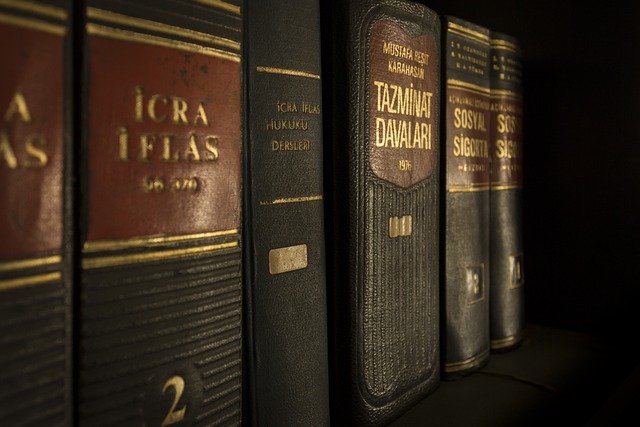Allow’s face it: 10s of countless trainees register in regulation school yearly, each with a desire in their hearts of conserving the world. Perhaps they want to look for justice for children, pets, or the environment. Maybe they intend to serve their communities and make them much safer for the general public at large in the face of cops cruelty. Possibly they want to support for those that have actually been unjustly victimized, be it in their real estate selections, on duty, or based upon their race or gender. Whatever their public-interest cause may be, while many law trainees claim they wish to conserve the world, just a pick couple of want to accept the in some cases lower incomes that go hand-in-hand with their selfless job objectives.
Some regulation institutions are far better than others when it comes to obtaining their grads an upper hand on the competitors for among these desirable jobs. The National Jurist’s preLaw Publication lately launched its position of the very best regulation colleges for public service, highlighting the colleges that are really doing their research when it pertains to prepping their students for their future professions as lawyers in public interest and government roles.
Here’s the methodology that was used:
To identify the leading colleges for public interest, government and public defender/prosecutor work, we assess each college for its variety of graduates utilized in those fields, curricula pertaining to those areas and financial debt and finance payment. …
We quality each college on three elements: 1) Work in the field (50 # for public interest and federal government); 2) Curricula related to field (40% for public interest and government); 3) Financial obligation and financing repayment alternatives (10%). For public defenders/prosecutors, employment matters for 35% and curricula for 55%.
Educational program scores are based on the complying with in each area: concentration/certificate (35%), facility (24%), externship possibilities (12%), centers (12%), student teams (9%) and student journals (8%). Other details, including the variety of professors and programs offered in the particular area, is assessed with possible bonus factors of approximately 5%.
Financial obligations and finance repayment ratings are based on anticipated month-to-month car loan payments for the ordinary grad, who works in public interest or government, and long-lasting financial obligation. Anticipated monthly settlement numbers are based on an income-based repayment strategy, taking the ordinary wage for each area and deducting the college’s anticipated financing payment support.
Without further ado, according to preLaw Magazine, these are the leading 10 ideal law institutions for public interest work, federal government work, and criminal defense/prosecution job. Check them out, below.
PUBLIC INTEREST
- CUNY
- Northeastern
- Berkeley
- U. Cincinnati
- West Virginia
- UCLA
- Oregon
- Yale
- UC Regulation SF
- U. Washington
FEDERAL GOVERNMENT
- Albany
- Regent
- Indiana-Bloomington
- U. District of Columbia
- Temple
- Florida State
- UNH Franklin Pierce
- New York City Regulation College
- Stetson
- Indiana-McKinney
CRIMINAL
- UC Legislation SF
- Brooklyn
- Northern Illinois
- Utah
- Yale
- Cincinnati
- U. District of Columbia
- Indiana-McKinney
- U. Arizona
- CUNY
Click here to see the rest of the ranking.
Congratulations to each of the law schools that made the cut.
Best Schools for Public Service [preLaw Magazine / National Jurist]


